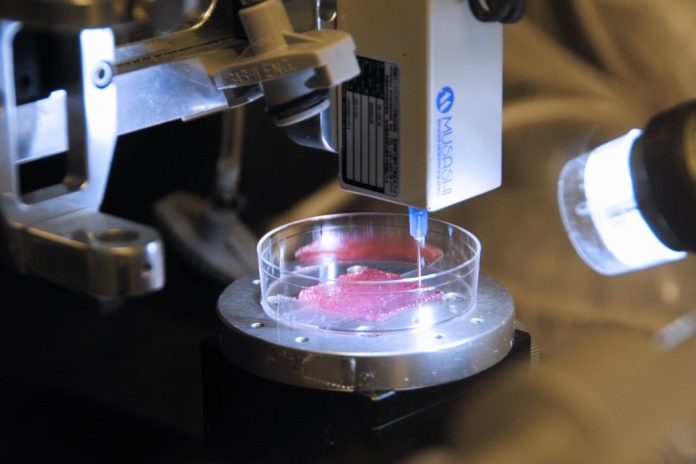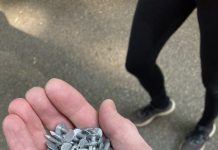New research by The University of Manchester will enhance the power of bioprinting technology, opening doors to transform advances in medicine and addressing critical health challenges faced by astronauts during space missions.
Bioprinting involves using specialised 3D printers to print living cells creating new skin, bone, tissue or organs for transplantation.
The technique has the potential to revolutionise medicine, and specifically in the realm of space travel, bioprinting could have a significant impact.
Astronauts on extended space missions have an increased health risk due to the absence of gravity and exposure to radiation. This makes them susceptible to diseases such as osteoporosis caused by loss of bone density and can cause injuries, such as fractures, which currently can’t be treated in space.
By harnessing bioprinting capabilities in space, researchers aim to protect the health of space explorers.
Currently, bioprinting machines rely on Earth’s gravity to function effectively. The new research by The University of Manchester, funded by a £200,000 grant from the UK Space Agency and supported by the European Space Agency, seeks to understand how to optimise the bioprinting process for conditions experienced in space, such as lack of gravity.
Dr Marco Domingos, Senior Lecturer in Mechanical and Aeronautical Engineering at The University of Manchester, said: “This project marks a significant leap forward in bioprinting technology and by addressing the challenges posed by microgravity, we are paving the way for remarkable advancements in medicine and space exploration.”







